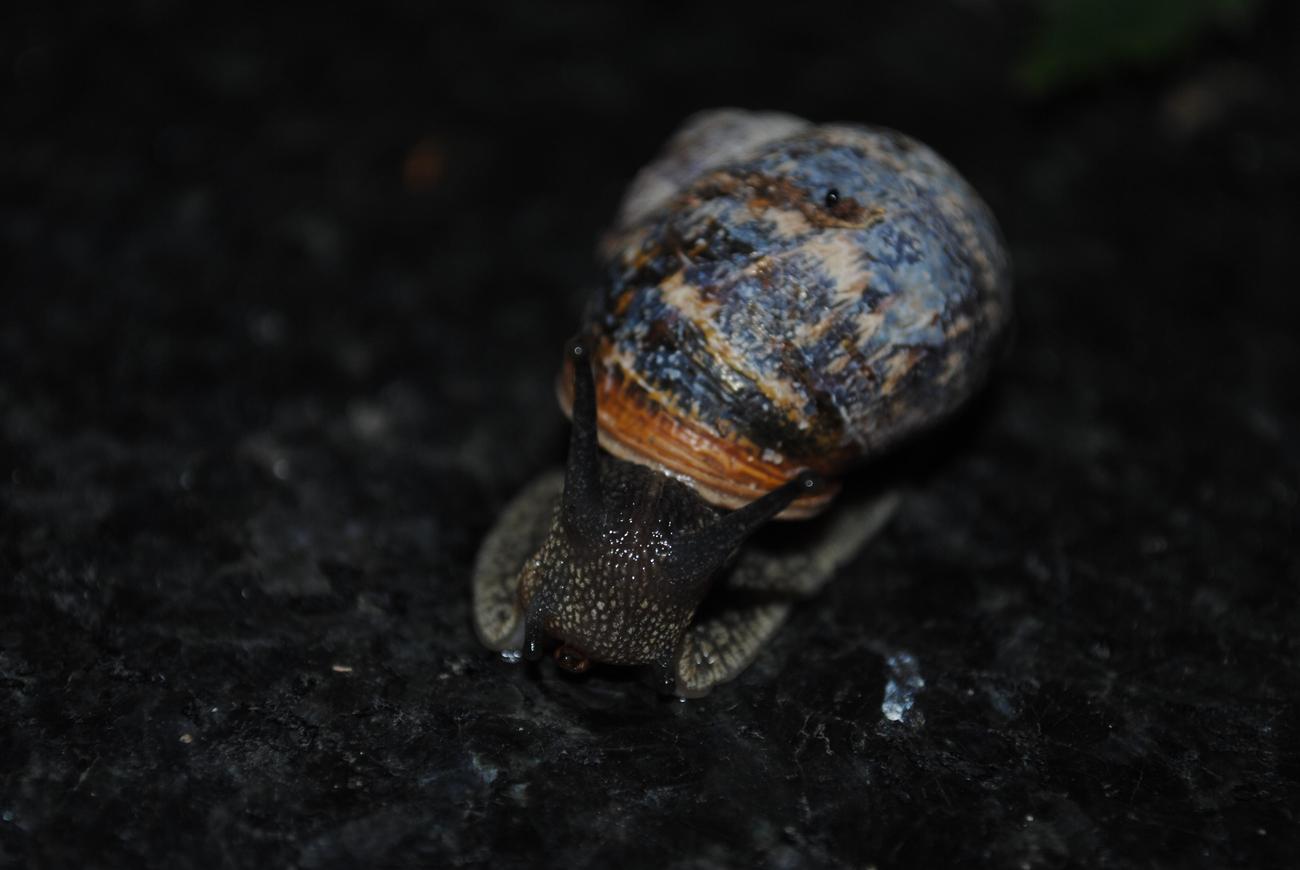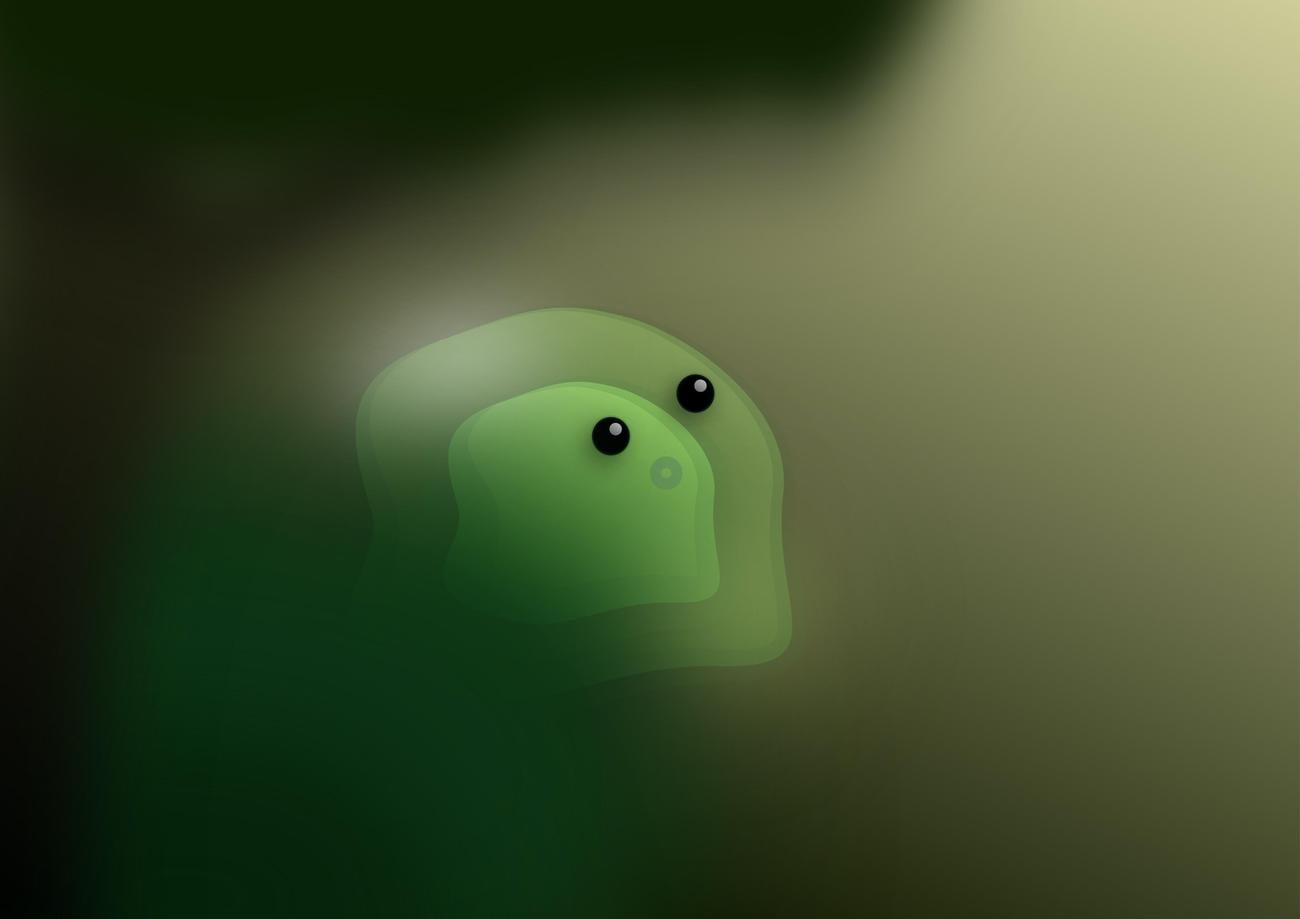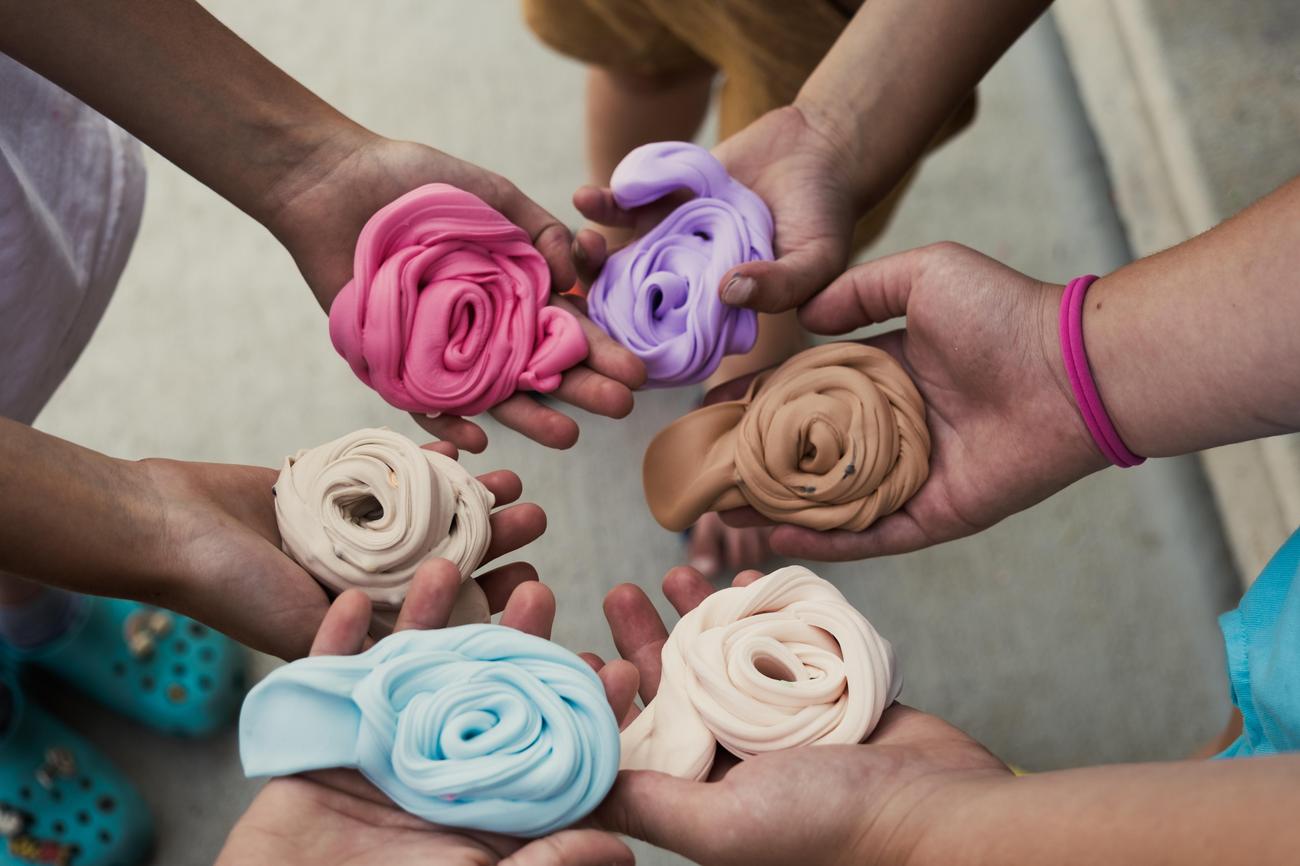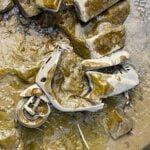Get ready to dive into the colorful and captivating realm of DIY slime! In this article, we’ll explore the enchanting world of slime recipes and fascinating facts that will leave you mesmerized. As an experienced DIY enthusiast and content creator, I’m thrilled to share my expertise and passion for all things fun and creative. From classic favorites to unique and trendy variations, I’ve spent years perfecting the art of slime-making. But this isn’t just a simple how-to guide – we’ll also delve into the science behind slime, uncover safety precautions, and discover intriguing facts that will engage readers of all ages. So, buckle up and get ready for a slimetastic adventure!

DIY Slime Recipes and Facts
Slime – a mesmerizing and tactile creation that has taken the world by storm. Whether you’re an experienced slime enthusiast or a newbie looking to dive into this captivating world, this article is for you. Let’s uncover some DIY slime recipes and fascinating facts that will leave you itching to get your hands slimy!
The Basics: Ingredients and Safety Precautions
Before we embark on our slime-making adventure, it’s crucial to know the ins and outs of the process and ensure everyone’s safety. Here are the key ingredients you’ll need for most slime recipes: polyvinyl alcohol (PVA) solution, sodium tetraborate (borax) solution, glue, and water. These ingredients come together to create the perfect ooey-gooey texture that we all love.
It’s important to note that while slime is a fun and creative activity, adult supervision is recommended, especially when dealing with younger children. Some ingredients, like borax, can be harmful if consumed, so extra caution should be exercised. If you prefer to skip the borax, you can substitute it with contact lens solution, achieving equally satisfying results.
“When it comes to slime, safety always comes first! Make sure to supervise the little ones and avoid any mishaps.”
Colors Galore: Adding a Splash of Vibrancy
One of the most exciting aspects of slime-making is experimenting with colors. Unleash your creativity by adding a few drops of food coloring to the mixture. This simple addition can completely transform your slime, turning it into a vibrant work of art. From deep blues, neon greens, to playful pinks, the possibilities are endless. So go ahead and create your rainbow of slimy sensations!
“Why settle for a colorless world when you can make your slime truly eye-catching? Splatter it with vibrant hues and let your imagination run wild!”
Embellishments: Add-Ins to Enhance the Sensory Experience
Looking to take your slime to the next level? Consider adding some exciting embellishments! Whether you’re a fan of glitter, rocks, bugs, or even tiny toys, the options are limitless. These add-ins not only enhance the sensory experience but also add a touch of whimsy to your slime adventures. So, delve into your collection of trinkets and take your slime game up a notch!
“Why settle for plain Jane slime when you can turn it into a sensory masterpiece? Let your creativity shine by adding a sprinkle of glitz or a dash of surprise!”
Edible Slime: A Treat for the Taste Buds
Who said slime is only for playtime? Edible slime opens up a whole new world of delicious possibilities. By swapping out traditional ingredients with edible ones like liquid starch and food dye, you can create slime that’s safe to consume. This way, you can satisfy both your tactile cravings and your sweet tooth. Just remember to resist the temptation to eat the non-edible slime!
“Why limit yourself to just playing with slime when you can also indulge your taste buds? Edible slime adds a dash of sweetness to your sensory experience!”
Storage Tips: Keeping Slimy Sensations Fresh
Now that you’ve mastered the art of slime-making, you’ll want to know how to keep your slimy sensations fresh for longer. The secret is simple: Ziploc baggies. Storing your slime in these airtight bags helps prevent it from drying out and extends its shelf life. So, after a satisfying day of playing with slime, seal it up in a baggie and keep the slimy fun going for days to come!
“Don’t let your slime turn into a sad puddle! Give it the love it deserves by storing it in a Ziploc baggie and keep the slimy magic alive.”
The Endless Possibilities of Slime-making
From fluffy slime to glitter glue slime, the world of DIY slime recipes is a universe waiting to be explored. With numerous variations and step-by-step instructions available online, there’s no limit to what you can create. So, roll up your sleeves, gather your supplies, and immerse yourself in the colorful and captivating realm of slime-making. Get ready to experience pure slime sensations like never before!
Incorporating E-A-T elements, this pillar blog section on DIY slime recipes and facts has provided a glimpse into the world of slime. From safety precautions to creative variations, you’re now equipped to dive into the irresistible world of slime-making. So, let your imagination run wild, get your hands sticky, and create slimy wonders that will leave everyone spellbound!
“With a sprinkle of creativity and a dash of imagination, slime-making becomes a gateway to endless fun and fascination!”
Slime can be a fascinating subject for a science fair project, and we have all the slime facts you need to create an impressive display! From the different types of slime to the science behind its gooey texture, our comprehensive guide will provide you with all the information you need to wow the judges. Explore the world of slime and discover its captivating properties by clicking here: Slime Facts For Science Fair. With our in-depth knowledge and engaging content, you’ll be well-equipped to create an exceptional science fair project that will leave everyone amazed. So why wait? Dive into the world of slime and unlock the secrets behind its mesmerizing nature!

FAQ
Q: What are the different types of slime recipes available?
A: There are various slime recipes you can try, including fluffy slime, glitter glue slime, laundry detergent slime, and marshmallow slime. These recipes offer different textures and characteristics, allowing you to find the perfect slime to suit your preferences.
Q: What are the main ingredients for making slime?
A: The main ingredients for making slime typically include polyvinyl alcohol (PVA) solution, sodium tetraborate (borax) solution, glue, and water. These ingredients combine to create the slimy consistency that is characteristic of slime.
Q: How can I make slime in different colors?
A: To make slime in different colors, you can add food coloring to the slime mixture. By choosing different colors or mixing colors together, you can create vibrant and visually appealing slime creations.
Q: Is slime safe for children?
A: While slime can be a fun and creative activity for children, it is important to supervise them during the process. Some ingredients used in slime recipes can be harmful if consumed, so it’s essential to ensure children do not ingest the slime. Additionally, be cautious of any allergies or sensitivities your child may have to the ingredients.
Q: Can I make slime without using borax?
A: Yes, there are alternatives to using borax in slime recipes. Contact lens solution, which contains boric acid, can be used as a substitute for borax. Additionally, there are other recipes that use ingredients like liquid starch or baking soda as an alternative activator.
- Unlocking Francis Alexander Shields’ Finance Empire: A Comprehensive Biography - July 12, 2025
- Unveiling Francis Alexander Shields: A Business Legacy - July 12, 2025
- Francis Alexander Shields’ Business Career: A Comprehensive Overview - July 12, 2025















